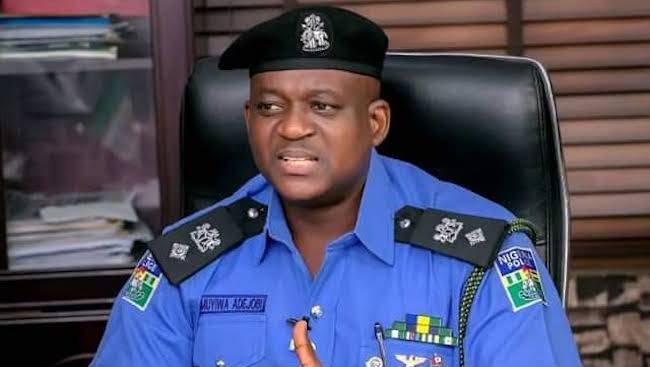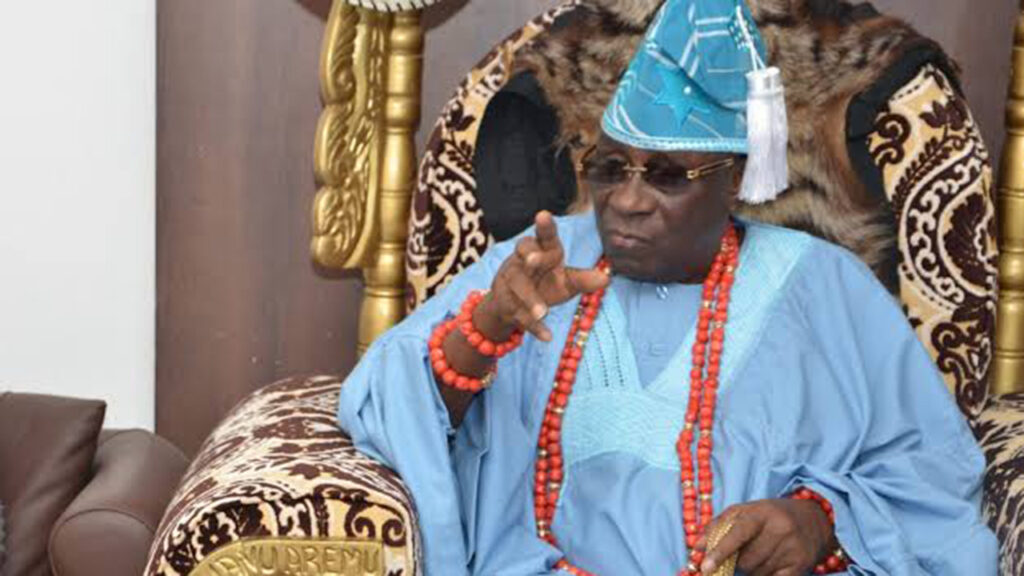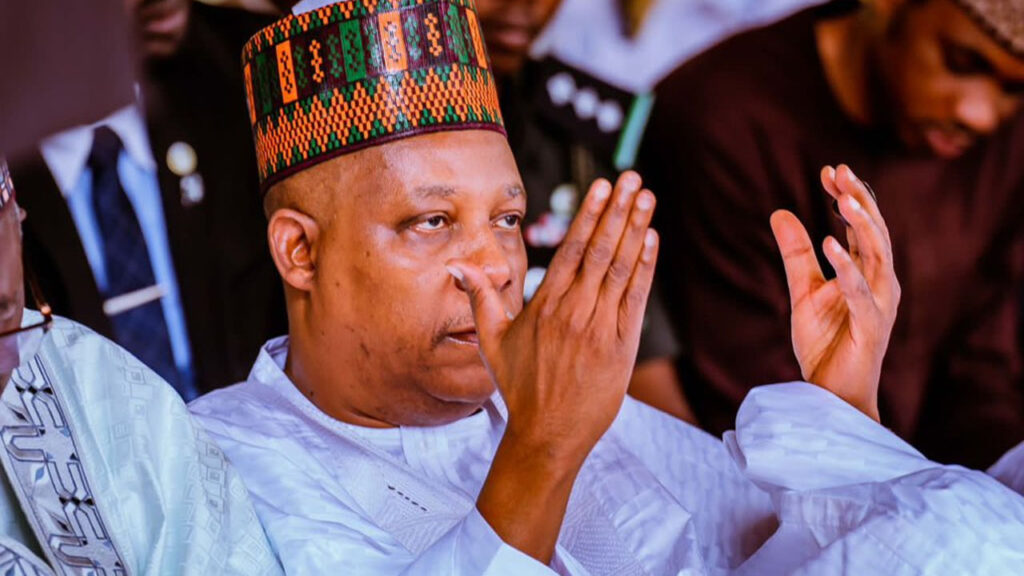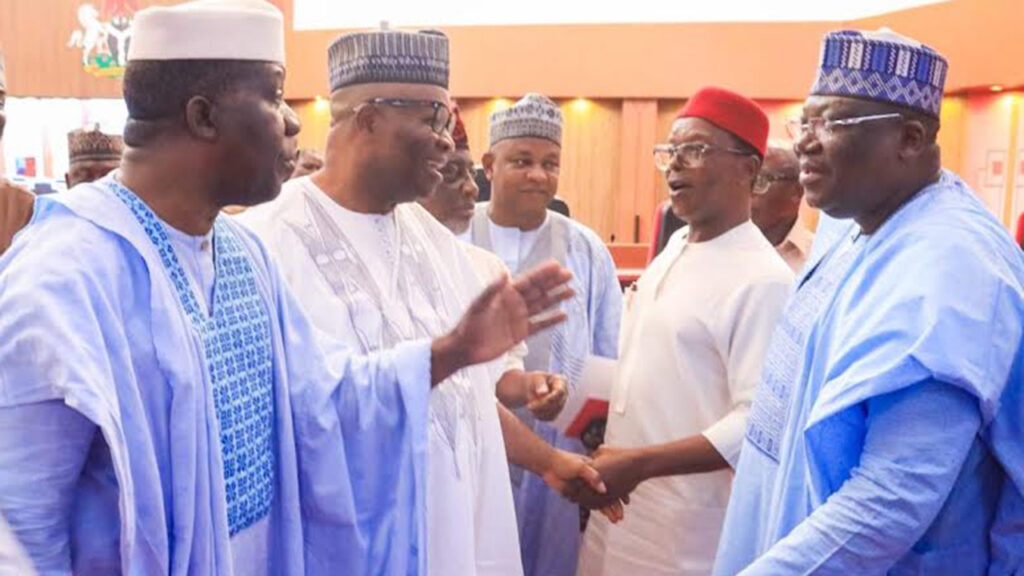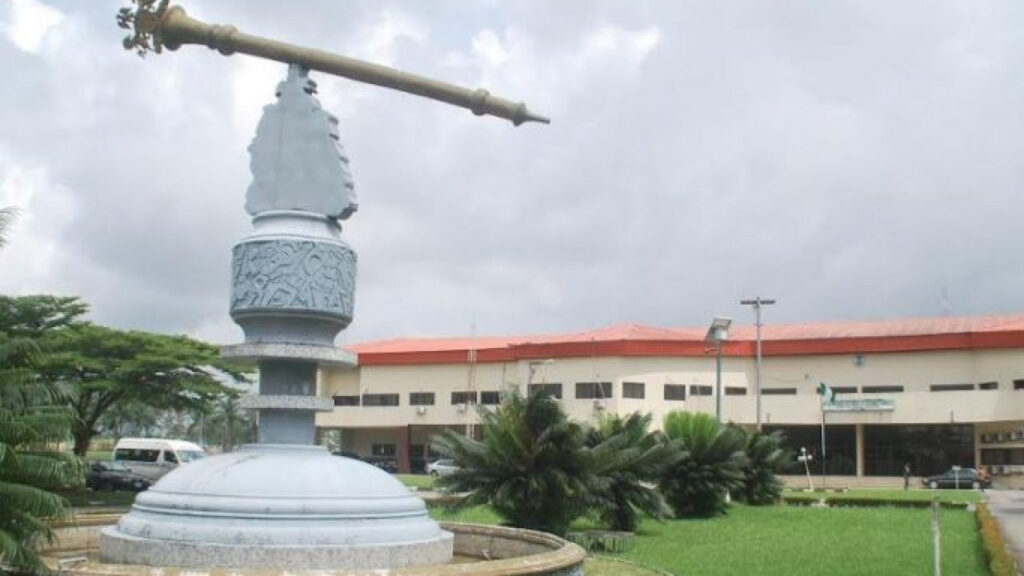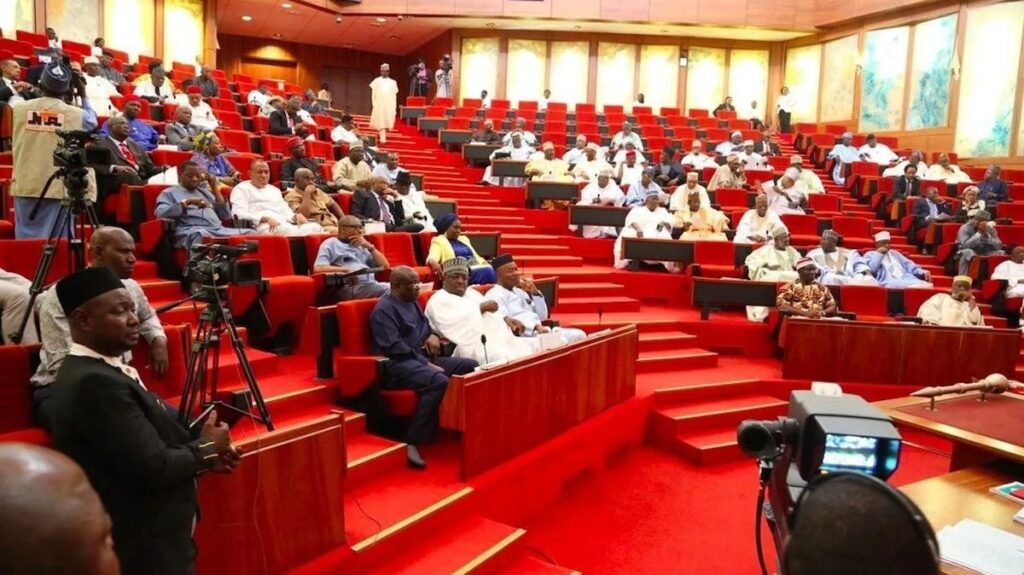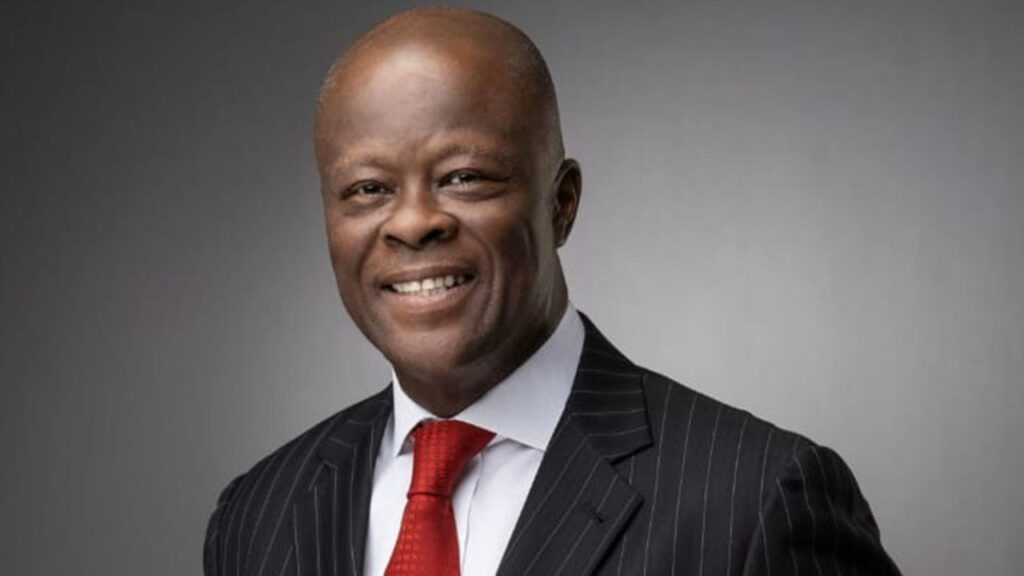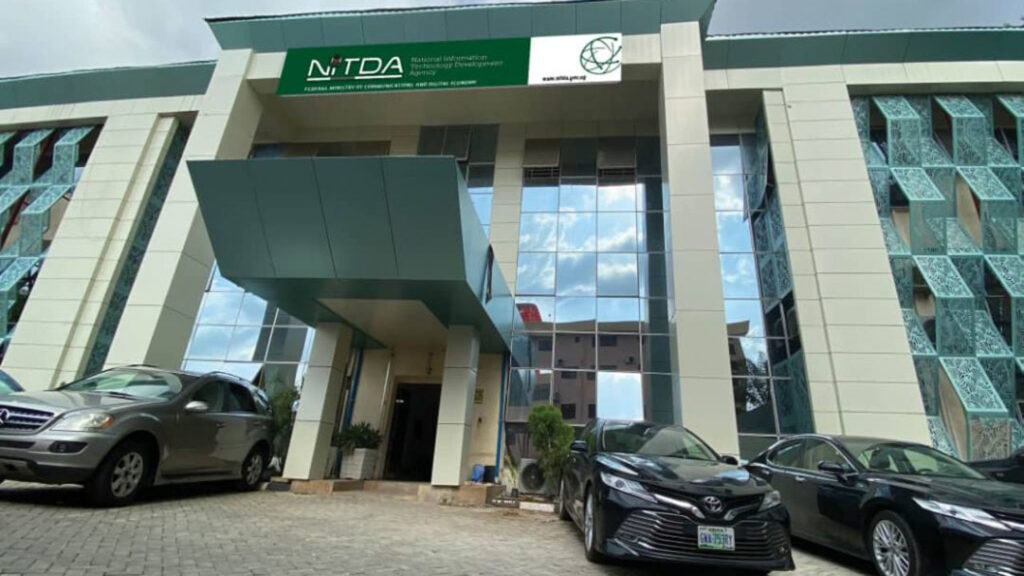A spokesperson for the Nigeria Police Force (NPF), ACP Olumuyiwa Adejobi, has said he has never accepted a bribe.
The Force Public Relations Officer (FPRO) disclosed this while responding to a post on his X handle on Sunday. He said that accepting a bribe is taboo for him, especially as a royal prince.
Adejobi said this in response to an X user, Valentine Kruze with the handle @ValentineKruz14, who asked, “Have you taken bribe before?”
Replying to Kruze, the police spokesperson said it is taboo for him to indulge in bribe-taking because he is a royal prince.
READ ALSO: Collapsed Amphitheatre: Adeleke pledges to pay medical bills of affected students
He wrote, “No. It’s taboo for a royal prince to take a bribe. Taking a bribe definitely makes someone, somewhere cry for many reasons, and it’s ungodly to do so. Your main purpose in life is to put smiles on people’s faces. It’s Godly and rewarding. It’s my personal principle and a call to duty. I preach this to my colleagues and many others always. May we have the grace to remain steadfast and purposeful in life.”
In a Guardian article in 2017, a report from the United Nations Office on Drugs and Crime (UNODC) revealed that about N400 billion is spent on bribes each year in Nigeria.
The report was presented at a stakeholders’ meeting to mark the end of the agency’s five-year project on corruption in the country.
According to the report, which covered the period between June 2015 and May 2016, law enforcement agencies and the judiciary are the highest receivers of bribes.
“Police officers are the type of public officials to whom bribes are most commonly paid in Nigeria,” the report stated. “Of all adult Nigerians who had direct contact with a police officer in the 12 months prior to the survey, about 46.4 percent paid that officer at least one bribe.
“Although fewer people come in contact with judiciary officials than with police officers over the course of the year, when they do, the risk of bribery is considerable. The prevalence of bribery in relation to prosecutors is the second highest, closely followed by judges and magistrates.
“The experience of corruption in encounters with public officials whose duty it is to uphold the rule of law can lead to the erosion of trust in public authority.”

